In this blog, we will dive into how CRM helps in retaining customers by understanding the importance of building relationships with them, analyzing data to predict customer behavior, and personalizing communication to improve customer satisfaction. By adopting a CRM approach, businesses can retain their customers by catering to their needs and providing excellent service, ultimately leading to improved revenue and profits.
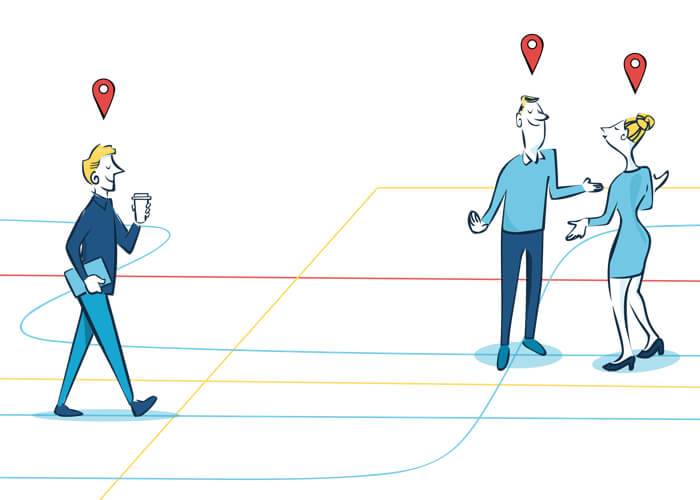
Personalized Content through CRM
One of the primary benefits of using a CRM system is the ability to personalize content for individual customers. By compiling data about their preferences, needs, and behavior, businesses can tailor their marketing efforts to better connect with each customer on a personal level. This not only enhances the customer experience but it also helps drive customer loyalty and retention.
Additionally, personalized content can improve the accuracy and effectiveness of marketing campaigns, leading to increased sales and revenue growth. Overall, the use of CRM software is crucial for businesses seeking to improve customer retention and build lasting relationships with their customers.
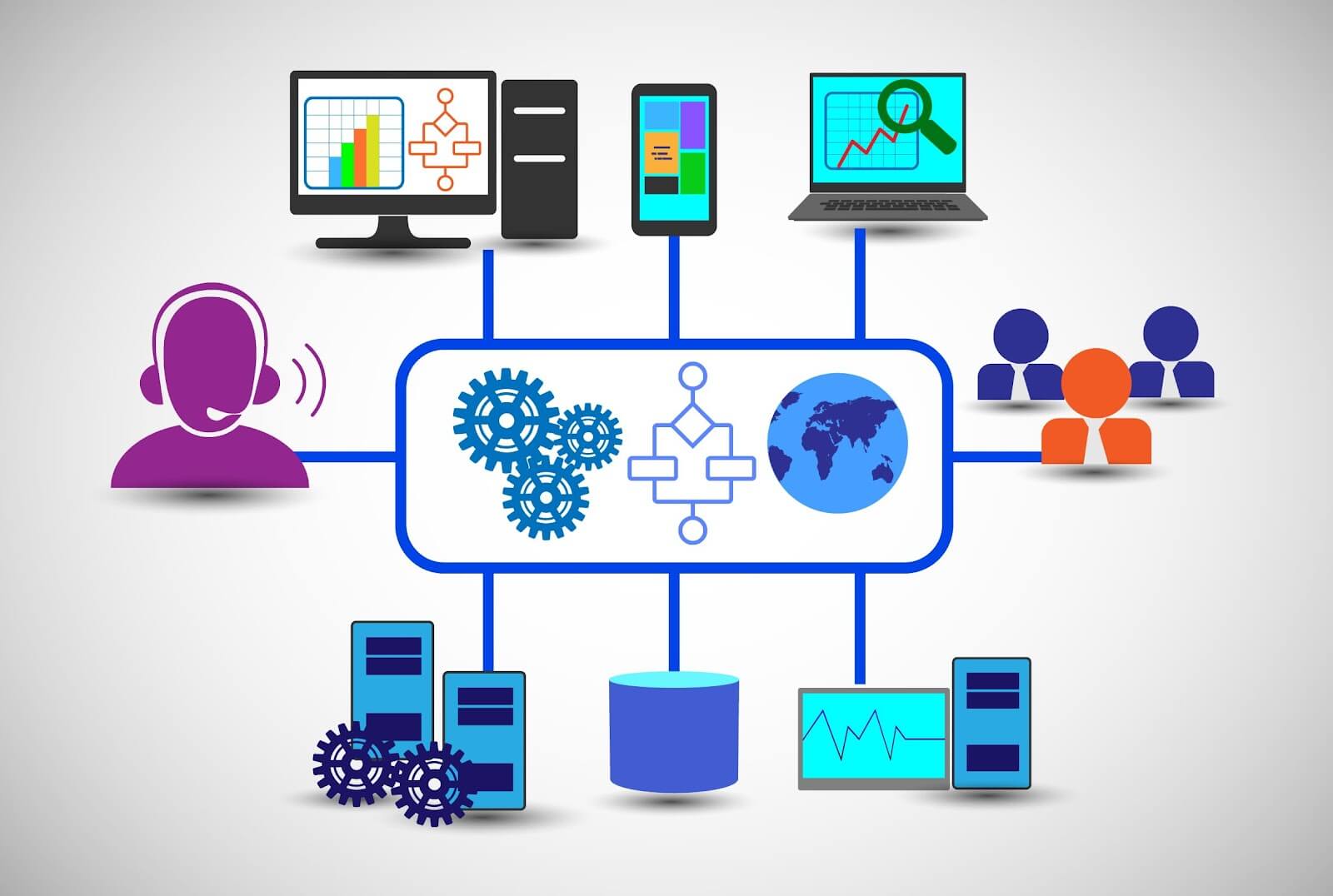
Improved Targeting with CRM Software
Another important role of CRM in customer retention is improved targeting through the use of CRM software. By gathering and analyzing customer data, CRM systems help businesses identify their customers’ preferences and behavior patterns, allowing them to create personalized marketing campaigns and messages targeted specifically to each customer segment.
This approach improves the effectiveness of a company’s marketing efforts and enhances the customer experience by making them feel valued and understood. Through improved targeting, companies can build stronger customer relationships, increase satisfaction, and ultimately boost customer retention rates.
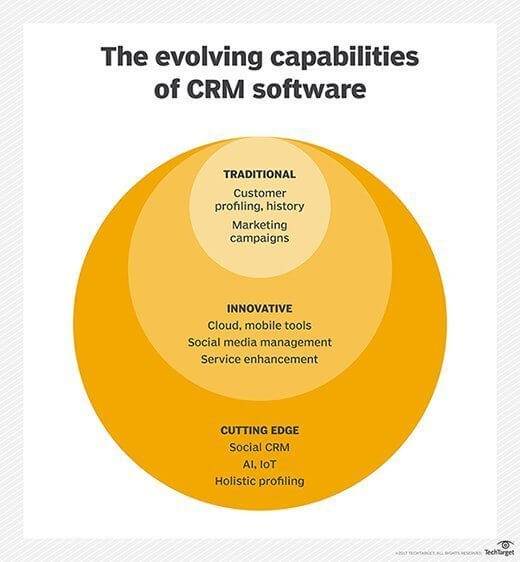
Storing Customer Information in Profiles
Storing customer information in profiles is one of the key functionalities of a CRM system. By keeping all the relevant data about a customer in one place, businesses can use this information to personalize their interactions with customers and improve the overall customer experience. Combining this function with the ability to create personalized content and improved targeting, businesses can better retain their existing customers, thereby increasing their profitability.
By identifying and retaining the best customers, businesses can also increase their customer and brand loyalty, positively affecting their bottom line. The primary objective of a CRM solution is to improve customer service relationships and drive sales growth through customer retention, which can be achieved through building relationships and customer loyalty with the help of a CRM system.

Identifying and Retaining Best Customers
One of the key benefits of using CRM software is the ability to identify and retain the best customers. This can lead to higher profits and sales for businesses. By storing customer data in profiles, a CRM system can help categorize clients based on their purchase history, interactions with the company, and other important metrics. This information allows businesses to personalize their interactions with customers, which can effectively build customer loyalty.
A CRM system can also automate many tasks related to customer retention, such as sending out targeted marketing campaigns or rewards programs to encourage future purchases. By focusing on retaining existing customers, businesses can increase customer lifetime value and build a more sustainable business model.
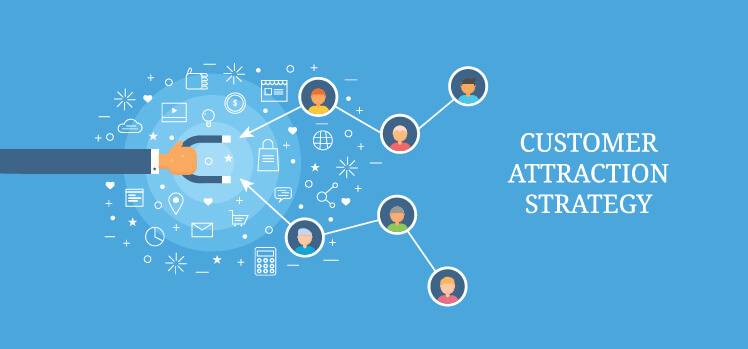
Boosting Profitability through Customer Retention
One of the primary benefits of using a CRM system for customer retention is the potential for increased profitability. Studies have shown that even a 5% increase in customer retention can lead to a 25% or more increase in profits. Businesses can effectively retain their customers and drive repeat sales by using personalized content and improved targeting through the software.
Furthermore, by storing customer information in detailed profiles, businesses can identify their best customers and offer them tailored promotions or loyalty rewards, further bolstering their long-term loyalty. When combined with other features such as lead scoring and analytics, a CRM system becomes an invaluable tool for improving customer satisfaction and retention, ultimately leading to greater profitability and a more stable business model.
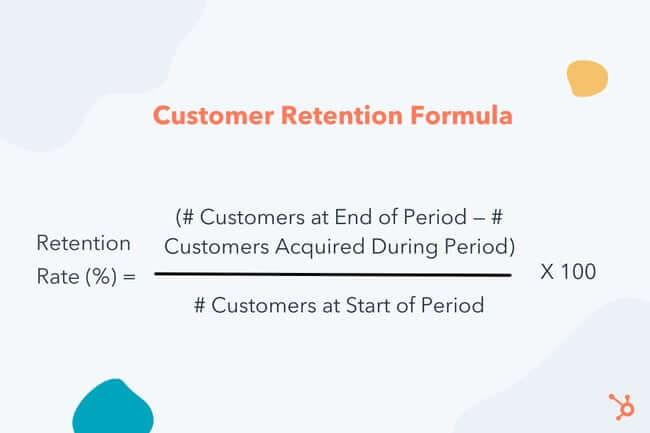
Importance of Customer Retention Rate
The customer retention rate is a critical metric that directly impacts a company’s profitability and growth. As established, retaining an existing customer costs significantly less than acquiring a new one. A high customer retention rate indicates customer loyalty, brand recognition, and a positive customer experience. With the help of CRM software, companies can store customer information to personalize communication, optimize marketing campaigns, and improve sales.
Furthermore, identifying and retaining high-value customers can significantly boost revenue and customer loyalty, leading to a better brand image. Businesses must establish a customer retention rate objective within their marketing strategies to drive customer engagement and loyalty while improving profitability.CRM plays a vital role in achieving the primary objective of customer retention, such as enhancing brand loyalty, building long-lasting relationships, and offering personalized experiences.
Ultimately, customer retention leads to higher profits, making it an essential element of any successful business strategy.

Primary Objective of a CRM Solution
The primary objective of a CRM solution is to efficiently manage and improve business performance by strengthening customer relationships. Through the use of technology and data analysis, CRM systems can personalize content, improve targeting, and store customer information in profiles to identify and retain the best customers. The ultimate goal is to increase customer retention, boost profitability and build brand loyalty. A high customer retention rate is a key indicator of business success and demonstrates that customers have positive experiences with the company.
By utilizing CRM software, businesses can streamline processes and enhance customer satisfaction, ultimately driving sales growth. With the incorporation of loyalty programs and effective communication, businesses can build lasting relationships with their customers and increase customer lifetime value.
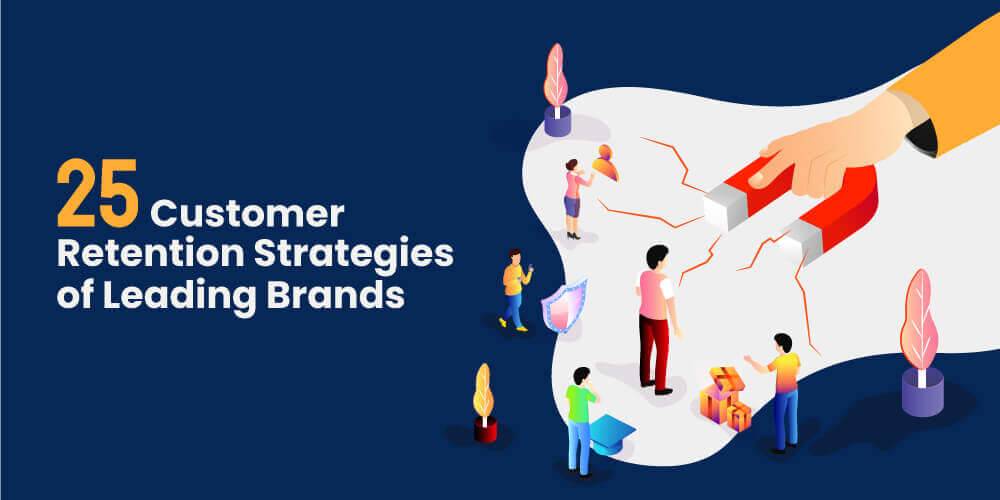
Customer and Brand Loyalty
Customer and brand loyalty are essential components of a successful business. CRM plays a significant role in fostering these two aspects by allowing companies to personalize their content and tailor their targeting strategies to individual customers. By storing customer information in profiles, companies can identify their best customers and make efforts to retain them through loyalty programs and personalized offers. The importance of customer retention rates must be stressed more, as retaining existing customers is more cost-effective than acquiring new ones.
Additionally, effective CRM can also lead to higher profitability and positive effects on the company’s reputation. Building relationships and fostering customer loyalty is critical for the survival of any company, and CRM is an essential tool in achieving this goal. By utilizing CRM software features and building trustworthy relationships with customers, businesses can protect their brand and market from competitors and create a loyal customer base.
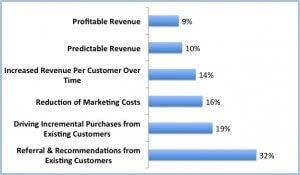
Positive Effects of Customer Retention
Customer retention is imperative for businesses to enhance long-term profitability and growth. One of the most significant positive effects of customer retention is the creation of loyal customers who are more likely to spend more money with a brand over time. Implementing a CRM system can effectively identify and retain the best customers and ensure they receive personalized content through targeted, relevant messaging.
CRM also stores customer information in profiles, enabling businesses to anticipate customer needs and provide a seamless customer experience. A higher customer retention rate ensures an organization has a steady flow of stable revenue streams, and increased profitability is achievable.
Furthermore, retaining customers positively impacts brand loyalty and customer satisfaction, which plays an essential role in building long-term brand recognition and a strong positive reputation. By investing in customer retention through CRM, businesses will see improved customer lifetime value and drive continued growth.
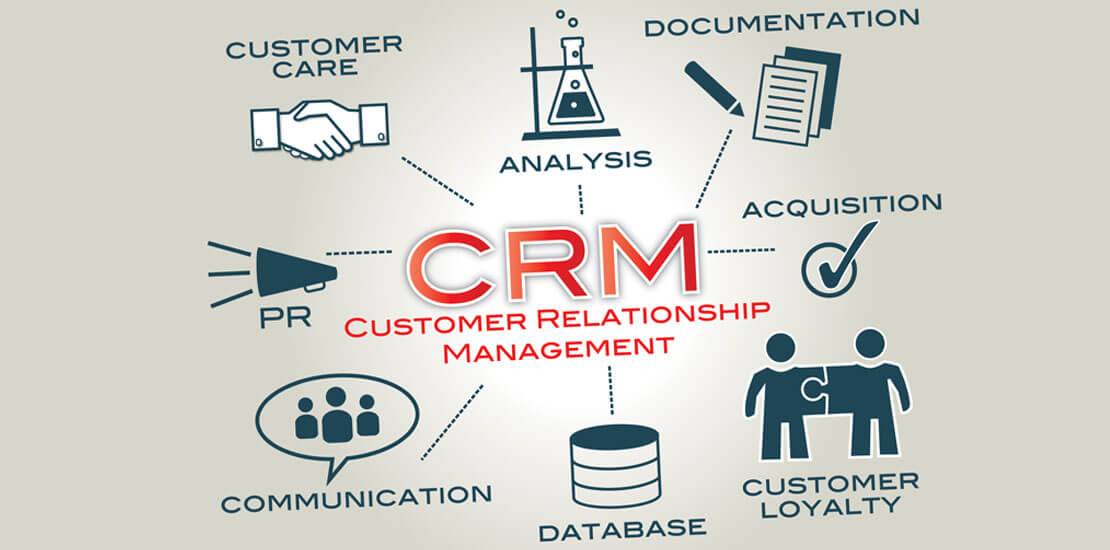
Building Relationships and Customer Loyalty with CRM
Building relationships and promoting customer loyalty is a crucial aspect of any successful business, and CRM software can greatly assist in achieving this goal. By tracking customer preferences and behaviors, businesses can tailor their marketing efforts and provide personalized content that resonates with their audience. This approach results in improved targeting, higher customer satisfaction, and increased brand loyalty.
Additionally, by identifying and retaining the best customers, companies can improve profitability and foster long-term relationships with their most valuable clients. The primary objective of a CRM solution is to build and maintain healthy relationships with customers, which in turn drives sales growth and assists in customer retention. By prioritizing customer satisfaction and loyalty, businesses can benefit from positive effects such as reduced costs, increased profitability, and a positive brand reputation. CRM practices are key to creating strong customer relationships and promoting brand loyalty in today’s competitive business environment.
Conclusion
In conclusion, it is evident that CRM plays a crucial role in customer retention for businesses. Through personalized content, targeted marketing strategies, and storing customer information, companies can build strong relationships with their customers and increase loyalty. Identifying and retaining the best customers is also possible with the help of CRM solutions, leading to higher profits and improved brand loyalty.
The primary objective of CRM software is to reduce costs and increase profitability by solidifying customer loyalty. Positive effects of customer retention include reduced customer switching to competitors and increased returns and productivity within the organization.
Ultimately, building relationships and customer loyalty through CRM is essential for long-term success in any business.
Frequently Asked Questions (FAQs)
How can CRM improve customer retention?
CRM (Customer Relationship Management) can improve customer retention in several ways. By effectively managing customer data and interactions, CRM systems enable businesses to understand their customers better, anticipate their needs, and provide personalized experiences. This helps build stronger relationships with customers, increasing their satisfaction and loyalty. CRM also allows businesses to segment their customer base and target specific groups with tailored marketing campaigns, offers, and incentives, which can further enhance customer retention.
How does CRM impact customer loyalty and retention?
CRM has a significant impact on customer loyalty and retention. By centralizing customer data and interactions, CRM systems enable businesses to deliver personalized experiences and build stronger relationships with their customers. This leads to increased customer satisfaction, trust, and loyalty. CRM also helps identify customer needs, preferences, and buying patterns, allowing businesses to provide relevant offers and recommendations that enhance customer loyalty and encourage repeat purchases. Furthermore, CRM facilitates effective customer service and support, which contributes to customer satisfaction and retention.
What is the impact of CRM on customer loyalty to brands?
The impact of CRM on customer loyalty to brands is substantial. CRM enables businesses to gather comprehensive data about their customers, including purchase history, preferences, and interactions. This data can be utilized to personalize marketing messages, offers, and experiences, which creates a sense of individualized attention and strengthens the bond between the customer and the brand. By consistently delivering personalized experiences, businesses can foster customer loyalty, leading to repeat purchases, positive word-of-mouth referrals, and a higher likelihood of customers advocating for the brand.
What is the impact, if any, of CRM on customer retention and loyalty to brands?
CRM has a significant impact on both customer retention and loyalty to brands. By leveraging CRM systems, businesses can effectively manage customer relationships, personalize experiences, and cater to individual needs and preferences. This enhances customer satisfaction and fosters loyalty, increasing the likelihood of customers staying with the brand over the long term. CRM also enables businesses to proactively engage with customers, address their concerns, and provide timely support, which further contributes to customer retention and loyalty.
How does CRM help with customer loyalty?
CRM helps with customer loyalty by enabling businesses to gather and analyze customer data, understand their needs, and deliver personalized experiences. With a CRM system in place, businesses can track customer interactions, purchase history, and preferences, allowing them to segment their customer base and tailor marketing campaigns and offers accordingly. By providing relevant and personalized communication, businesses can create a sense of exclusivity and make customers feel valued, thereby fostering loyalty. Additionally, CRM facilitates proactive customer service, ensuring timely support and issue resolution, which further strengthens customer loyalty.



